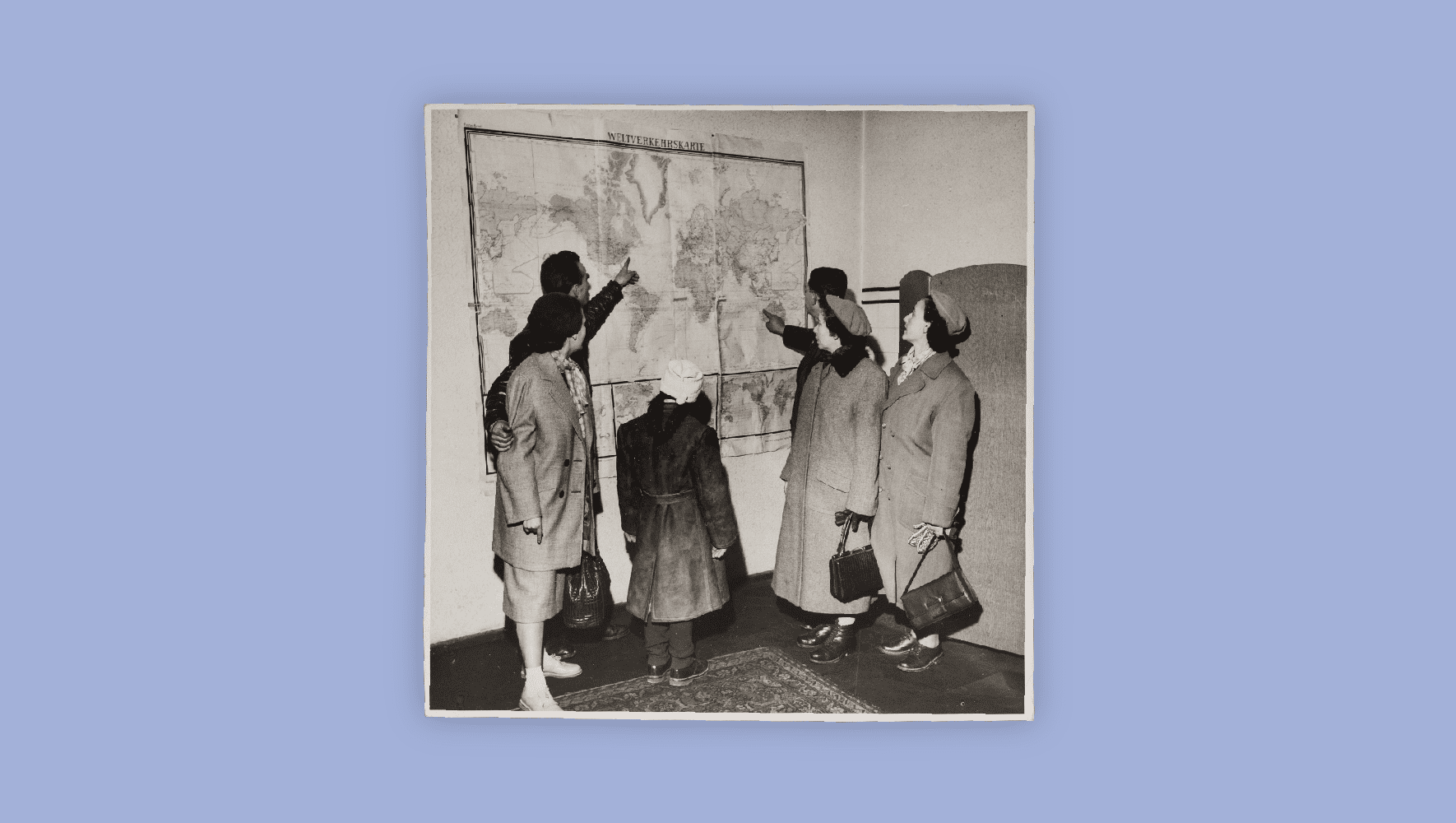Op-Ed: Migrants Aren’t Widgets
Sep 03, 2015
[[{"fid":"1130","view_mode":"default","fields":{"format":"default","field_file_image_alt_text[und][0][value]":"Al Roth Politico Europe, 'Migrants Aren't Widgets'","field_file_image_title_text[und][0][value]":""},"type":"media","attributes":{"alt":"Al Roth Politico Europe, 'Migrants Aren't Widgets'","style":"height: 325px; width: 400px; margin: 5px 10px; float: right;","class":"media-element file-default"}}]]Alvin Roth, who shared the 2012 Nobel Prize in Economics for his work on matching and market design, has an op-ed in POLITICO Europe today urging E.U. leaders to come up with a better strategy for dealing with the migrants--many of them refugees from brutal conflict in the middle east--who are now arriving daily and who continue to come despite the dangers of the journey.
He writes:
"Europe could turn this challenge into a manageable opportunity to protect refugee lives as well as its own economy. But European countries must first agree on a strategy recognizing that refugees are not widgets to be distributed or warehoused."
His article quotes Mark Hetfield, CEO of HIAS, who told him:
“Refugees go and integrate where they have family, where they have community, or where they think they can support themselves — in that order.”
The issue matters not just because we want refugees to do well, but because it’s hard to keep them where they don’t want to be. In the U.S., where refugees may relocate at will, this is especially clear.
As Hetfield says, “Many Somali refugees initially settled around the country subsequently migrated to Lewiston, Maine. Lewiston has a weak economy but an established Somali community. Consequently, efforts to resettle these refugees elsewhere in the U.S. were less effective than they could have been. Their preferences should have been taken into account from the start.”
To read more, click here.



